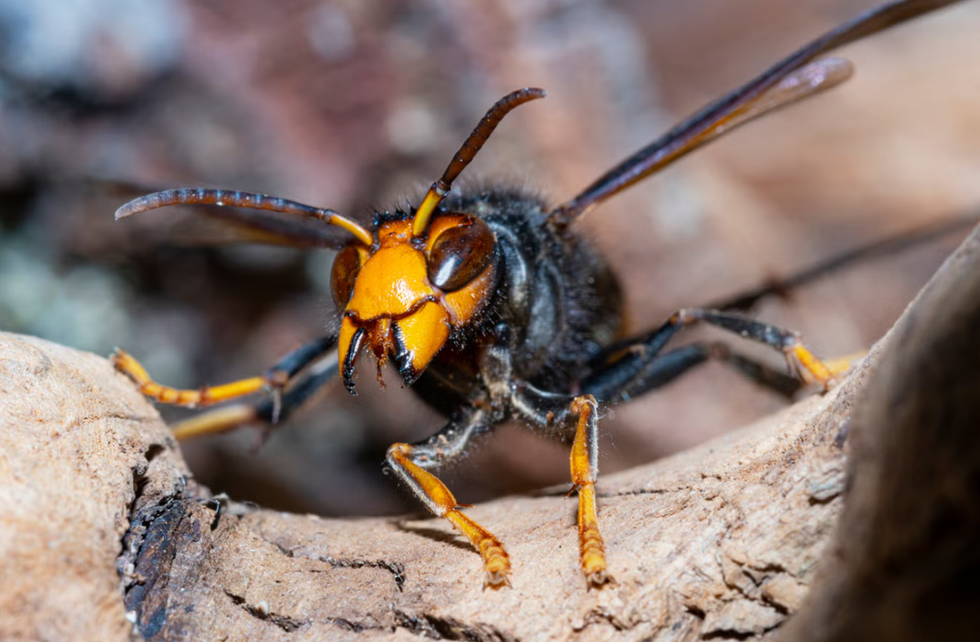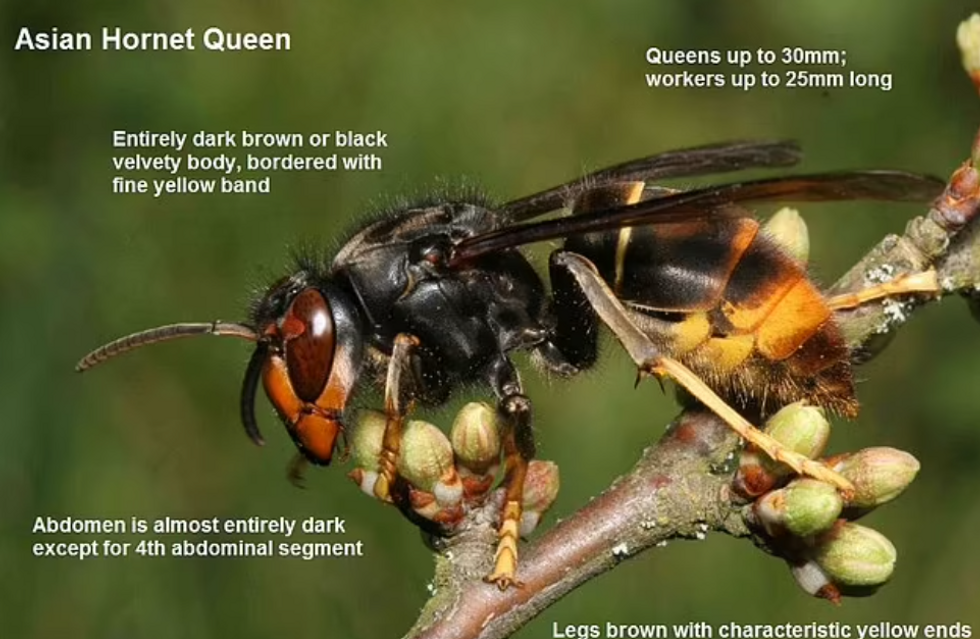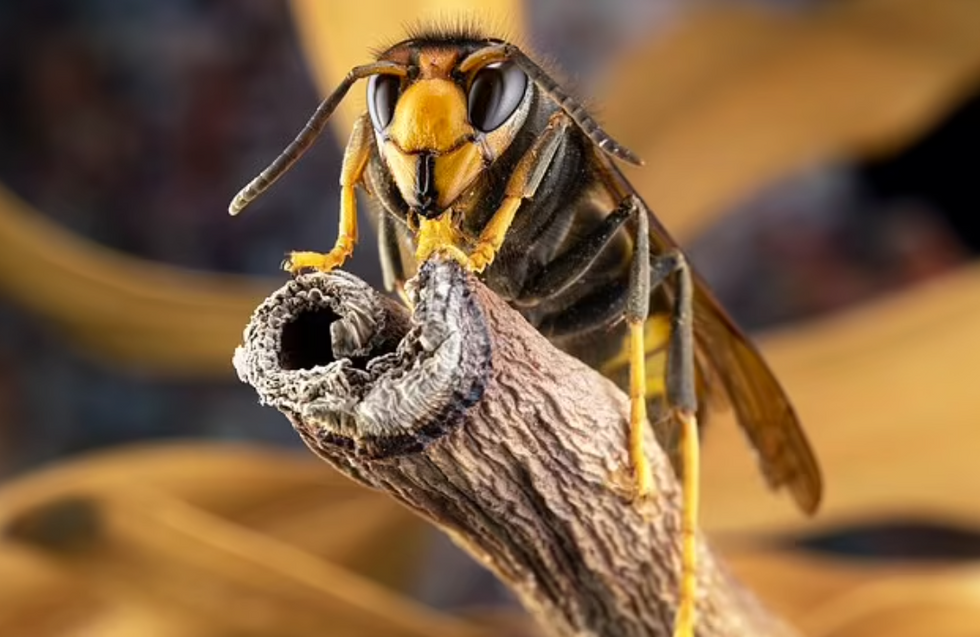
A record-number of Asian hornets have been spotted already this year
Getty
Last year, it was confirmed that the invasive species had survived a UK winter for the first time
Don't Miss
Most Read
Trending on GB News
A record-number of killer Asian hornets have been spotted in Britain in 2025, sparking fears of a surge in the invasive species that could wipe out British bees.
The species, known as Vespa velutina, is capable of killing 50 honey bees a day and was first seen on British shores in 2016.
Since then, the Department for Food and Rural Affairs (Defra) has made attempts to prevent the species from becoming more widespread in the UK by setting traps and destroying nests.
However, experts fear that a warmer spring will lead to a surge in this year’s numbers.
MORE ON THE KILLER INSECTS:
- Asian hornet invasion poses 'extra threat' as deadly insects invade UK
- British drivers face 'danger' when travelling abroad with rise of Asian hornets 'wreaking havoc' inside cars
- The 'best way' to get rid of invasion hornets and wasps as peak season nears

Last year, it was confirmed that the Asian hornet had survived a UK winter for the first time
Getty
In Jersey, “unprecedented” early sightings of the black and yellow bodied creature have sparked terror that the species could try and establish themselves in the UK this year.
According to the Jersey Asian Hornet Group, there were 262 reported sightings of queen Asian hornets as of April 11 – marking an increase of more than 1,000 per cent compared with the same time last year.
“When we reach 266 queens, we will equal the total from 2024 – and that figure wasn’t reached until 25 June,” said John De Carteret, a founding member of the group.
Last year, it was confirmed that the Asian hornet had survived a UK winter for the first time.

A typical nest of between 2,000 and 3,000 hornets can eat more than 11kg of insects per season – which is around 90,000 bees
Defra
Ian Campbell, of the British Beekeepers Association, said: “There’s a strong risk of this year’s numbers being at least as high as in 2023 and the potential to be even higher. It would be a surprise if numbers were not above the 2024 level.”
A typical nest of between 2,000 and 3,000 hornets can eat more than 11kg of insects per season – which is around 90,000 bees.
The bug has a sting that can cause an allergic reaction and in extremely rare cases can result in a fatal anaphylactic shock.
A study published last month by the University of Exeter found that the hornets had remnants of around 1,400 different species in their guts - with the most common being the European honeybee.

The bug has a sting that can cause an allergic reaction which in extremely rare cases can result in a fatal anaphylactic shock
Getty
It is believed to have first arrived in France in a cargo from China in 2004, spreading rapidly across Europe with it now being sighted in 15 different countries.
France is the worst hit country, with between 2.6 and 29.2 per cent of the country’s bee colonies being at risk of decimation every year - at a blow to the economy of up to €30million (£26million).
So far, there have been two sightings of the insect in the UK, in Shropshire and Kent respectively.
Members of the public have been asked to report sightings of the insects to Defra using the Asian Hornet Watch app.
They should take a photo of the bug when it is safe to do so, the agency said.








